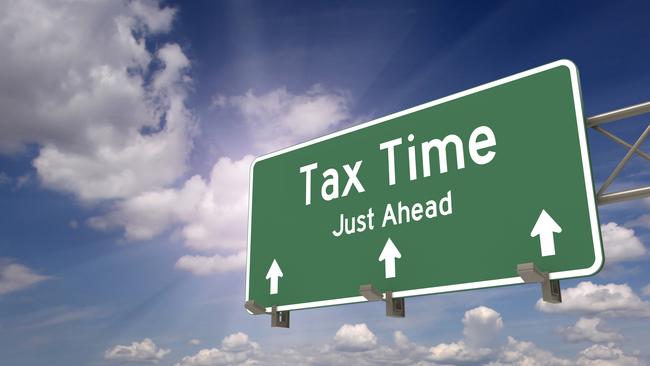
The Australian Taxation Office which – controversially – acts as both tax collector and regulator for the sector, says the number of rule breaches has jumped by 22 per cent this financial year to date.
The substantial rise in contraventions comes on the heels of a lively spell in 2021 when 13,800 SMSFs were caught for 40,000 contraventions, representing a 10 per cent lift on 2020, according to the SMSF Adviser service which reported the statistics after they were made available at a Tax Institute session.
It seems the ATO has been coming down hard on every area of SMSF activity, with contraventions emerging in everything from financing to property valuations.
Peter Burgess of the Self Managed Super Fund Association suggests: “It’s disappointing to see a lift in contraventions because we have been seen a relatively steady volume of breaches most years up until now.”
True to tradition, the outstanding trouble spot appears to have been lending arrangements made by funds – such arrangements would have risen off the back of Covid stress across the small business sector along with elevated activity in residential property.
Failing to keep SMSF and individual assets “segregated” also appears as another predictable area where the regulator has been kept busy.
However, a fresh issue is the topic of undervalued properties. With residential prices jumping by a stunning 20 per cent over the last 12 months, it was inevitable that investors might not keep up with the rise in valuation of property assets.
The ATO has repeatedly signalled that simple mistakes made by SMSF investors such as poor record-keeping are treated more leniently than contraventions where someone shows what it tags as “blatant disregard” for the law as it applies to more than one million SMSF members.
SMSFs that fail to meet the complex rules set by the regulators – which are constantly changing – can find themselves in varying degrees of trouble, ranging from a simple misdemeanour that could mean temporary removal from the super register to fines and disqualification.
A public record now exists where any investor can check whether their fund – or any other fund – is on the register by checking the fund look-up service.
Falling foul of rules administered by the ATO means that an SMSF may not be able to receive payments or buy and sell assets.
More serious breaches can lead to full marginal tax being applied, including the ultimate penalty of disqualification. There were 205 disqualifications among SMSF operators – known as trustees – in 2021.
Meanwhile, the Australian Securities and Investments Commission, which regulates the standards of SMSF auditors, has also been on the hunt for rule breakers. SMSF auditors have been in the frame in the wake of the Melissa Caddick scandal where more than $25m was lost by investors though the funds had passed their annual audits.
Earlier this year the regulator took disciplinary action against 18 auditors who had been signing off each other’s audits when they were required on their personal SMSFs.
Now ASIC has separately deregistered 12 SMSF auditors and imposed conditions on the registration of seven others.
Every SMSF must be audited after the annual accounts have been finished by an accountant – generally the accountant finds the auditor. Auditors then clear the finalised SMSF accounts for submission to the ATO.
One auditor managed to fail just about every rule in the book including auditing other family members and auditing a fund that lent money to a company of which he was a director.
Burgess says the clampdown on dud auditors is welcome: “It’s been quite a move in that area, we are glad to see strong action towards keeping up standards in this area.”




Industry regulators have unleashed a serious clean-up on the self-managed super funds sector with a big jump in funds reportedly breaking rules, while auditors have also come under fire.